Challenges Readers May Face in The Beginning Days of Reading
Challenges Readers May Face in The Beginning Days of Readingw
Reading must be a pleasurable and blissful experience for us. However, for various reasons, many people find reading difficult and frustrating. They tried their hardest but were unable to accomplish it. One of the most challenging obstacles readers encounter is an extensive reading challenge. Readers cannot read for prolonged periods, including periodicals, newspapers, novels, and short tales. Reading is no longer limited to physical paper book reading as the world advances, and we use technology in our daily lives. Moreover, eBook reading, often known as online reading, is a recent trend among readers. eBooks for smartphones, tablets, and electronic readers are widely accessible such as kindle, kobo etc. However, readers experience reading challenges online too. When it comes to memory and learning, reading paper vs electronic information makes a difference. Readers in digital media tend to skim for keywords. Reading difficulties are a recurring problem. Fortunately, learning to read is a process that we may improve by:
Understand the neurobiological basis for mastery reading.
Use this knowledge to identify the accurate neurodevelopmental regions that contribute to a person's reading issues
Use approaches and procedures to increase the possibility that readers will learn to read despite difficulties.
Yes, there are free books! We frequently forget that libraries allow you to borrow books for free. You are not required to pay for any books that you borrow. Those who enjoy reading know that books can be highly expensive and can leave a significant dent in your wallet if purchased. Purchasing books for a single reading can be a sign of folly.
What are the 4 types of reading difficulties?
Reading problems, commonly referred to as reading disorders, are different learning disabilities that make reading difficult. Dyslexia is the most well-known type of reading difficulty. However, dyslexia is not the only cause of reading difficulties. A library is the broadest source of books. Here's some more information about the many forms of reading challenges
1. Difficulties with word reading accuracy
People who struggle with word reading accuracy have a hard time breaking down the sounds of spoken language. Also, They might have difficulty matching such sounds to written symbols. It is known as phonological awareness. Word reading accuracy makes it more difficult to sound out or "decode" words. It makes it difficult to read fluently and accurately.

2. Difficulties with reading comprehension
Word reading accuracy concerns frequently intersect with reading comprehension issues. However, some people who struggle with reading comprehension have no obstacle decoding words. They simply don't understand what they've read. Some persons who struggle with reading comprehension may also cope with associated issues.
3. Difficulties with reading fluency
Reading fluency entails reading quickly, accurately, and with the proper expression. Reading speed, often known as reading rate, is the number of words a person can accurately read in one minute. Fluent readers can read accurately and quickly. A fluent reading shows readers understanding of sentence structure and punctuation.
4. Difficulties with diverse linguistic meanings
Reading comprehension entails proficiency in a wide range of linguistic skills. Phonemic and phonological awareness, or understanding of the sounds of letters and letter combinations, underpins accurate and rapid word decoding retrieval. Therefore, Decoding is an essential part of reading comprehension.
Why reading is a challenge?
Reading is one of the most challenging activities we face. We must translate visual signals into words, and words into meaning, to read. The following are the primary issues: General word list vocabulary literacy: difficult vocabulary terms, academic vocabulary, grammar complexity, inappropriate texts, academic text complexity reading habits and culture, a lack of schema activation, a lack of reading motivation, inadequate reading preparation etc. It makes reading more challenging.
What is the most common challenge?
People also had previous difficulties with reading and focusing. It isn't limited to our generation. We can't just sit with a book in our hands and read for hours on end. Also, The attraction of other chores has always been one of the most typical difficulties: how can you sit down and read a book? Today, though, our issues are exacerbated by how we read and the plethora of reading options available to us. Reading involves the utilization of mental energy to initiate and maintain reading. Reading material that is longer, more difficult, or away from ordinary context requires a reader to expend more mental energy to comprehend
Conclusion
Thus, to honestly read for the sake of reading, we must move away from the Internet, which isn't our primary issue. We must also take a break from the to-do list, the laundry, the kitchen sink, and the work email. Lastly, we must change our thinking from "reading is challenging" to "reading challenge," a challenge to read more.




